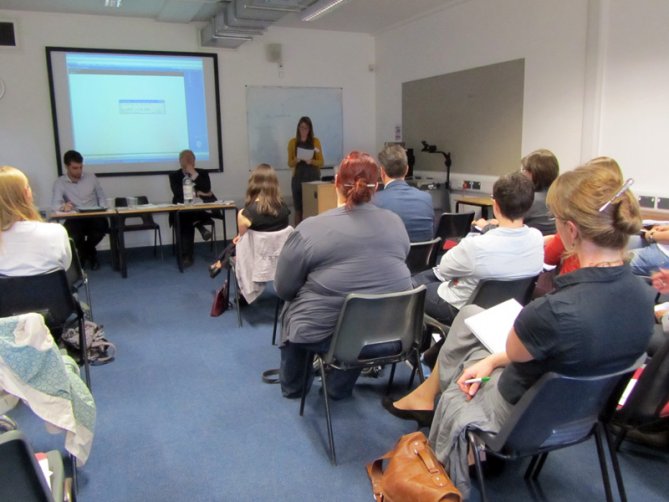Oxford Brookes University Wiki

Digital and Information Literacy is defined in the Oxford Brookes Strategy for Enhancing the Student Experience as 'The functional access, skills and practices necessary to become a confident, agile adopter of a range of technologies for personal, academic and professional use. To be able to use appropriate technology to search for high-quality information; critically to evaluate and engage with the information obtained; reflect on and record learning, and professional and personal development; and engage productively in relevant online communities.'
A Taxonomy of Digital and Information Literacy (Version 4, Aug 2014) is available to help you think about the types of activities that students might engage with to develop digital and information literacies.
The description is currently generic and needs to be interpreted in relation your own disciplinary practices and assessment demands. During the graduate attributes mapping process undertaken in 2011/12, programme teams took the opportunity to articulate each of the graduate attributes within the context of their discipline. Go to “Graduate Attributes in the Disciplines".
Case Studies
As well as the case studies below, you can also browse examples tagged 'digital literacy' within the Brookes Teaching Practices website.
| How can we ensure that our social work graduates have the digital literacies they need to present professionally in all domains of their lives and to ensure they can use current evidence to inform their practice after graduation? | How can we develop Digital and Information Literacy both for academic and professional purposes for halthcare professionals who may be 'digital immigrants'? |
Resources for teaching Digital and Information Literacy
Here are some suggested resources to use with students to develop their digital and information literacy. If you would like to suggest a resource, please login to the wiki and leave a comment on this page (or email Rhona Sharpe).







